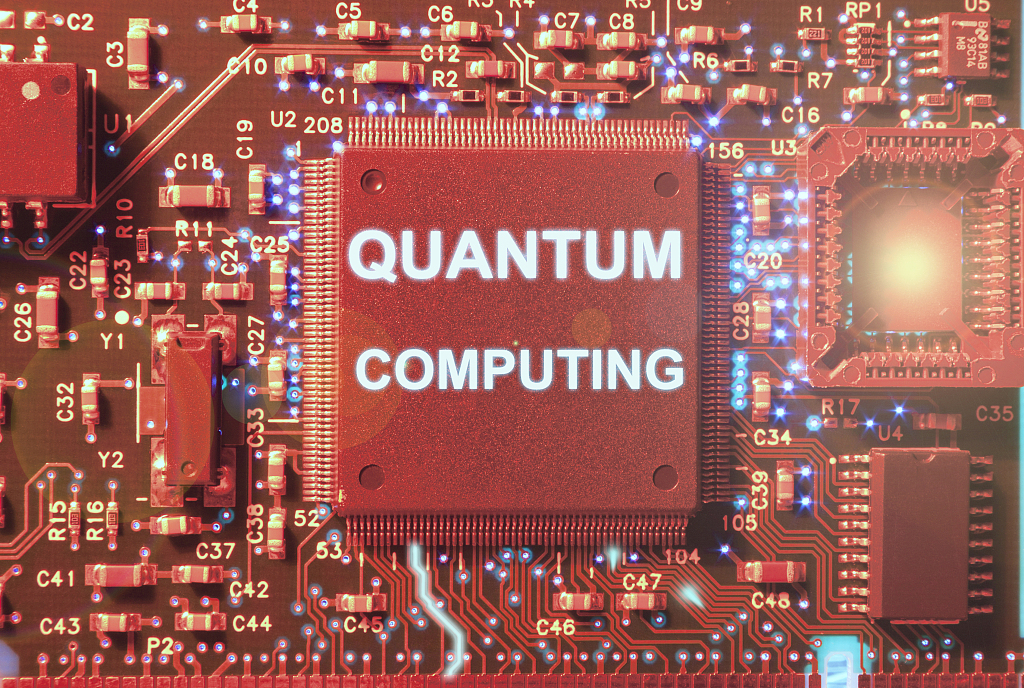Washington's Two-faced Game

Artificial obstacles to normal technical cooperation will disrupt the stability of the global production and supply chain.?(PHOTO:?VCG)
By?LIANG?Yilian
In the latest move to curb China's technological rise, the White House is planning to impose new restrictions on American investments in Chinese companies involved in quantum computing, artificial intelligence and semiconductors, according to The New York Times.
U.S.-China relations have recently been pushed to their weakest point in years though the Biden administration says it has been working to halt a further decline in the relationship.
In early July, U.S. Treasury Secretary Janet Yellen visited China and reiterated that the U.S. is not seeking to "decouple" from China's economy. Following Yellen's and Secretary of State Antony Blinken's visits to China, U.S. Special Presidential Climate Envoy John Kerry also came to China in an attempt to promote bilateral climate cooperation. However, the attack by the U.S. government on the Chinese tech sector will seriously undermine the recent atmosphere of restored communications, Li Yong, a deputy chair of the expert committee of the China Association of International Trade, told Global Times.
On the surface, the U.S. appears to be seeking access to China's vast market as well as cooperation with China on important global issues like climate change, yet simultaneously it is orchestrating a series of covert measures that undermine the partnership through further decoupling strategies. This hinders progress and trust-building between the two nations, undermines the credibility of the U.S. on the global stage and perpetuates an environment of mistrust and discord.
This double standard exposes the country's overarching policy of selective and targeted decoupling from China's technological sphere, as pointed out by the U.S. think tank Carnegie Endowment for International Peace. While pursuing certain cooperative endeavors out of its own interests, the U.S. is concurrently implementing targeted measures aimed at stifling China's technological advancements.
Meanwhile, despite the tensions, the U.S. and China are inextricably intertwined economically and geopolitically. Mark Sobel, U.S. Chair of the Official Monetary and Financial Institutions Forum, told The New York Times that the two countries still had little choice but to keep talking to each other.
"We're in the boat together, and that means they just have to talk and get along -- whether they're happy with each other or not," Sobel said.
The selective cooperation and targeted repression employed by the U.S. towards China raises questions about the true intentions behind these policies. Artificial obstacles to normal technical cooperation and economic and trade exchanges violate the principles of market economy, disrupt the stability of the global production and supply chain, and serve no one's interest. Chinese Foreign Ministry spokesperson Mao Ning said at a news conference in July that China opposes the politicization and weaponization of economic and trade issues.
The world cannot afford a crumbling Sino-U.S. relationship. Former U.S. Secretary of State Henry Kissinger, when he visited China in July, underlined the importance of a stable U.S.-China relationship for world peace, stability and the well-being of all as well as the fact that both the U.S. and China have the ability to influence the world.







